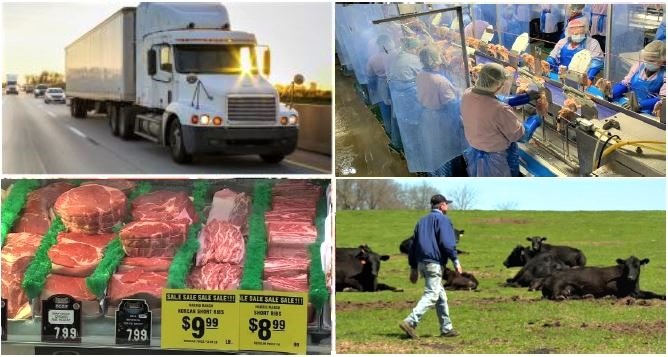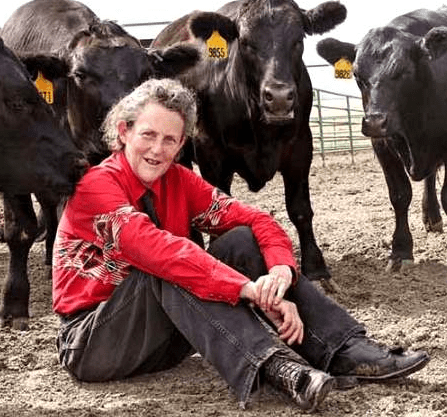Farmers, ranchers, food workers, company employees, and government officials are trying to keep the food supply chains flowing, but problems arise, and the main focus lately has been on meat. Conditions change by the hour, and the difficulties vary according to location and types of meat. The following stories provide some background to the unfolding situation:

A meat-supply crunch could mean higher prices, purchase limits, and smaller selections. This article looks at what consumers might expect.
Note: A shorter version of this post is in this week’s CAST Friday Notes newsletter. This blog post includes more links (new ones signified by **).
**The effects of the coronavirus pandemic have moved beyond meat processing plants and are now hitting dinner plates. Some fast-food outlets are changing menus; come stores are limiting sales; and alternative protein options are trying to fill in some of the lost sales.
The USDA and the Administration laid out “guidance specific to the meat processing industry to keep these critical facilities open while maintaining worker safety.”
Food workers have been hit hard by coronavirus, with at least 9,400 positive cases tied to meatpacking plants across 28 states.
A U.S. federal judge has dismissed a worker advocacy group’s lawsuit accusing a large meat producer of failing to adequately protect employees from coronavirus at a plant in Missouri.
**The Tyson pork processing plant in Waterloo is re-opening to limited production on Thursday. Employees will be forced to wear masks and have their temperatures taken. More than 16-hundred Iowa meatpacking workers have been diagnosed with coronavirus.
This Ohio State University expert looks at the financial and emotional tolls affecting farmers and ranchers as they deal with livestock, markets, and excruciating decisions.

** With a focus on meat/livestock production, renowned animal expert Temple Grandin discusses big operations, local operations, and the fragility of the supply chain.
**An Iowa State University professor looks at the five large companies that dominate the meat industry in the United States.
**Two Kansas State University agricultural economists advise against overreactions to a structure that has been years in the making.
According to these Purdue University experts, long-term strategies are needed to keep the nation’s meatpacking plants open and its food supply chain moving.
Many people are working hard to solve these problems, and there is one thing to keep in mind: our food itself is safe.
Your donation to CAST helps support the CAST mission of communicating science to meet the challenge of producing enough food, fiber and fuel for a growing population. Every gift, no matter the size, is appreciated.